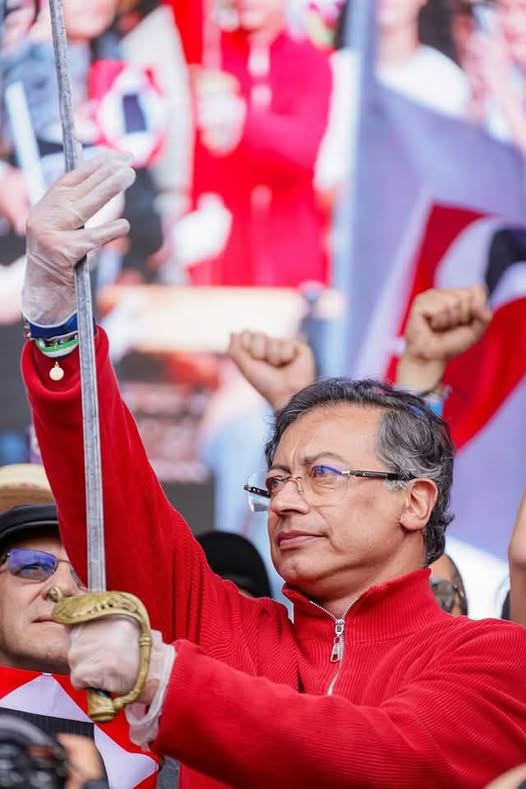Here, we have no need for a magistrate, because there is nothing to correct.” With these words, José Arcadio Buendía turned away Apolinar Moscote, refusing to let him establish a government office in Macondo. In the literary world of Gabriel García Márquez’s masterpiece, One Hundred Years of Solitude, the Buendía family is locked in an eternal struggle against dark, conservative forces.
Colonel Aureliano Buendía—the second son of José Arcadio and the novel’s central character—spent his life fighting a distant, cold central government. He never surrendered. Today, Colombian President Gustavo Petro appears to have taken on the role of the last Buendía. He carries the distinctive nickname “Aureliano” from his years as a militant in the M-19 guerrilla group, a name he recalls publicly and with pride, as if embracing his destiny to challenge the powers that be.
Petro now finds himself confronting a power that feels equally distant: the administration of Donald Trump and his Secretary of State, Marco Rubio. We know Petro initially tried a pragmatic approach, but he soon realized that his only option were to bow to their demands. Instead, the well-read Colombian president—who, in a symbolic early act, raised the sword of the Liberator Simón Bolívar—has made it clear in his confrontation with the Trump-Rubio duo that he will not support the region’s growing right-wing capitulation.
The latest clash has driven a deep wedge between the two governments. Petro even took the podium at the United Nations to deliver a blunt message to Trump, telling him, among other things, that it isn’t necessary to go to South America to kill drug traffickers when they reside in places nearby him in Miami and New York.
Petro has been one of the most forceful Latin American leaders in condemning the genocide in Gaza. His stance has gone beyond verbal criticism to include tangible pressure measures against Israel, taking aim at the privileged relationship that Colombia—both before and after Álvaro Uribe—has always maintained with the Zionist state. He has participated in a pro-Palestinian rally in Manhattan and pledged to help free Palestine from Israel’s abuse. Seizing the opportunity, Marco Rubio moved to revoke Petro’s U.S. visa. In a defiant response, Petro has suggested the UN move its headquarters to a more neutral location, proposing Qatar.
All this is unfolding as the United States attempts to escalate its actions against neighboring Venezuela. How much will Petro’s positions impact Washington’s campaign against Maduro? Only time will tell, but it is certainly an unwelcome complication for the northern power.
Petro has decided to burn his bridges with the United States. This is a seismic shift, given that Colombia has long been Washington’s primary political and military ally in the region, even being designated a major non-NATO ally.
How much will this stance help the left’s chances for reelection in Colombia in 2026? Probably very little. The colombian elections are typically decided on domestic issues, not international disputes. Even so, the Colombian right will try to capitalize on the conflict with the United States to paint a bleak picture of the country’s future if left-leaning forces remain in power.
Some of Petro’s closest collaborators have already abandoned him, or are considering it. The Colombian right, rattles its sabers, waiting for a new opportunity. But like a true heir of the Buendías, Petro will not retreat. He seems prepared to fight to the very end, even if his political future means ending up alone and tied, like José Arcadio, to the shade of the chestnut tree.
(Gustavo Suárez, researcher at the Center for International Policy Research -CIPI-)

